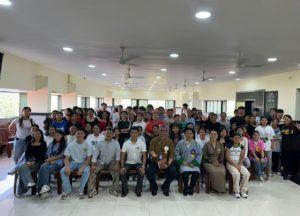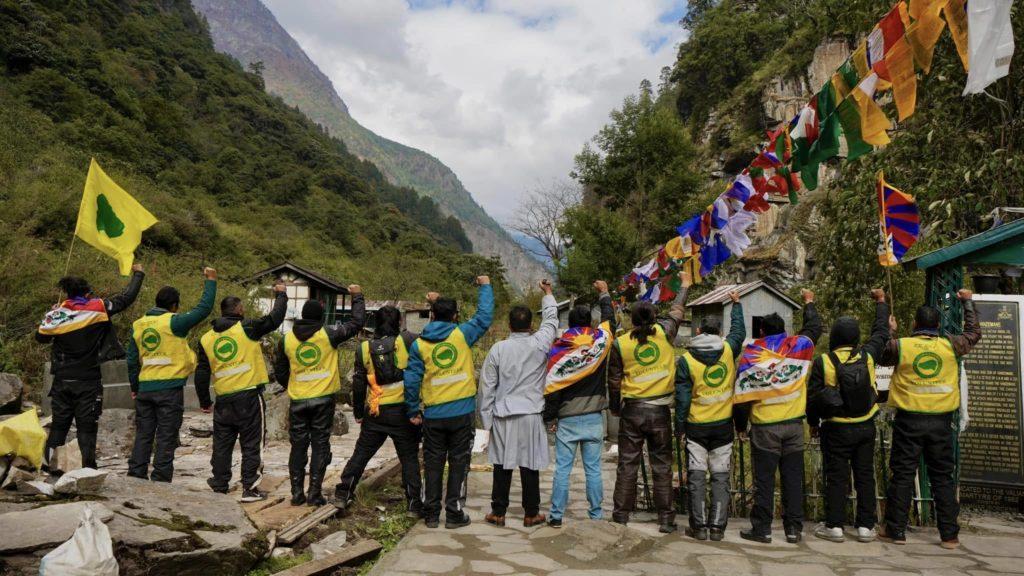
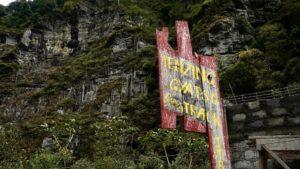
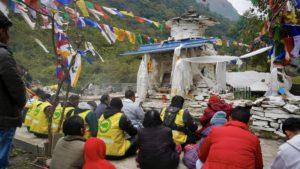



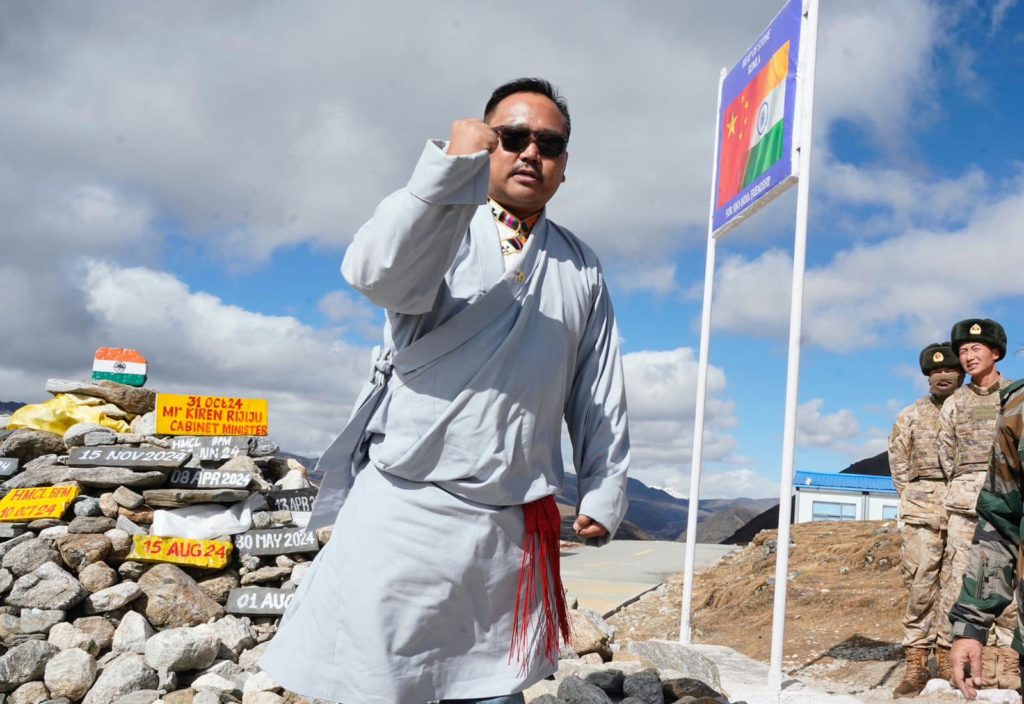
TYC All India Bike Rally kicked off from the zero point of Indo-Tibet border- Bumla Pass. The event was flagged off by Shri Pankaj Goyal Ji, National General Secretary of BTSM, and led by the TYC President, Joint Secretary, and TYC social media officer. The rally began with a spirited slogan-raising session in front of Chinese Army, where participants chanted “Long live His Holiness the great 14th Dalai Lama,” “Tibet belongs to Tibetans,” and “Bhoerangzen Gyalo” “Tibet’s Independence, India’s Security” while waving the Nationals flag and TYC organizational flag. The protest was also joined by BTSM members who are part of the Tawang Yatra organized by BTSM.
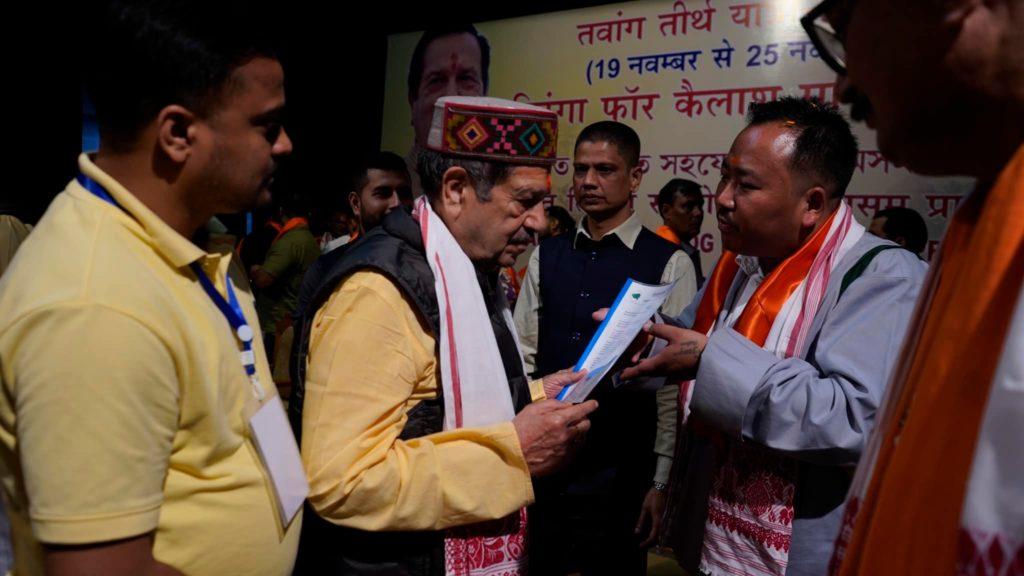
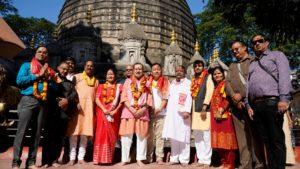
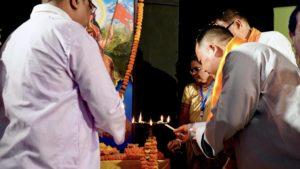
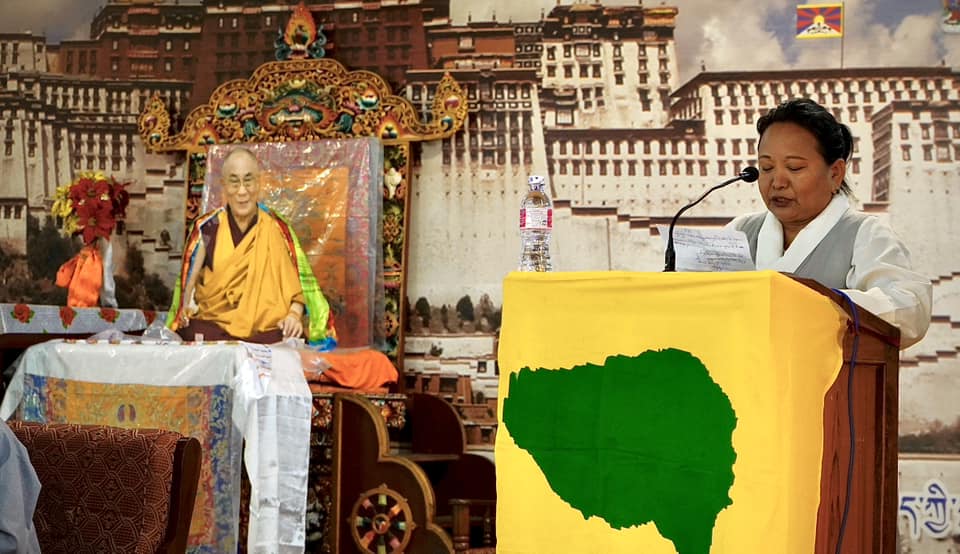
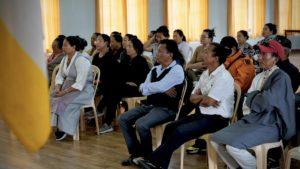
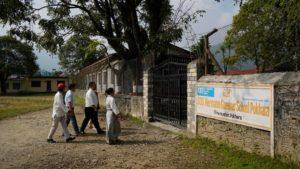
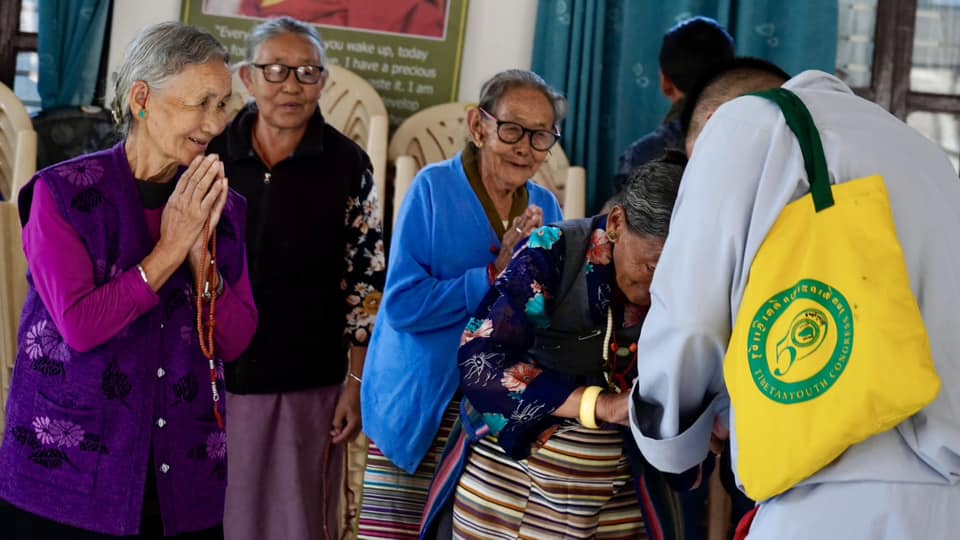
On November 11th, the Centrex members visited the Paljorling Tibetan Settlement,
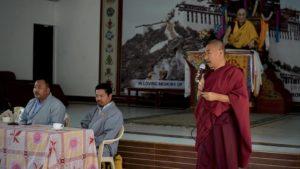
where they were warmly received by Regional President Gyachung la. A public meeting was held in the hall, featuring addresses and a Q&A session. Afterwards, they visited the local monastery. In the afternoon, the centrex members traveled to the Tashi Phalkyal Tibetan Settlement for another public program.
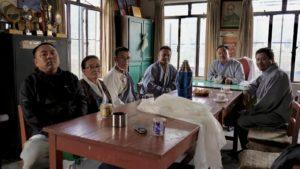
Regional President Daser la and her team welcomed them and provided an update on the settlement’s activities. The Centrex members then met with the public at a community gathering, where TYC Organization Secretary Yeshi Chomphel la discussed the purpose of the visit. The TYC President addressed the gathering and participated in a Q&A session. The regional President and executive members expressed their gratitude to the Centrex delegation and hosted a dinner gathering at a nearby restaurant, joined by incoming and outgoing working committee members.
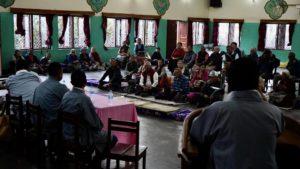
READ MORE DETAILS HERE
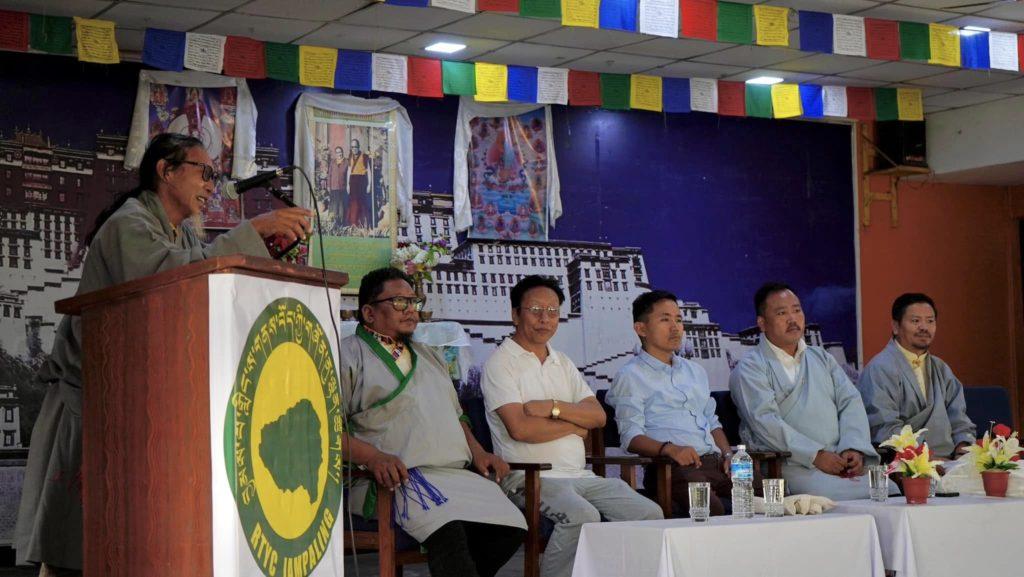
On November 10th, the TYC Centrex members were warmly welcomed at the hotel by RTYC Jampaling President Gyatso la.
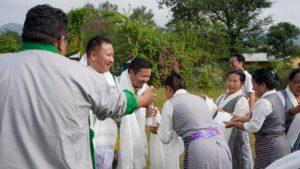
They then proceeded to the Jampaling Tibetan settlement, where they were received with Khatak by TSO Kungoe Karma la, Former TYC VP Tamding Hrichoe la, and RTYC Jampaling working committee members. A public meeting was held in the community hall, commencing with a welcome speech by the regional President. The event was attended by TSO Kungo Karma la, former Centrex members, and settlement dignitaries. The TYC President addressed the gathering and engaged in a Q&A session with the audience. Following this, the Former Centrex VP extended closing thanks, marking the conclusion of the public meeting. Later, the regional working committee members organized a lunch for the Centrex members and all guests. After lunch, the Centrex members held a private meeting with regional working committee members at the regional office, and
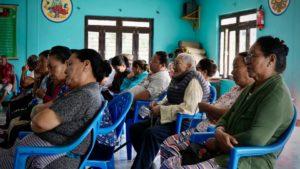
The day’s program concluded with visits to the RTYC Jampaling hall, gym, and cheese factory.
READ MORE DETAILS HERE
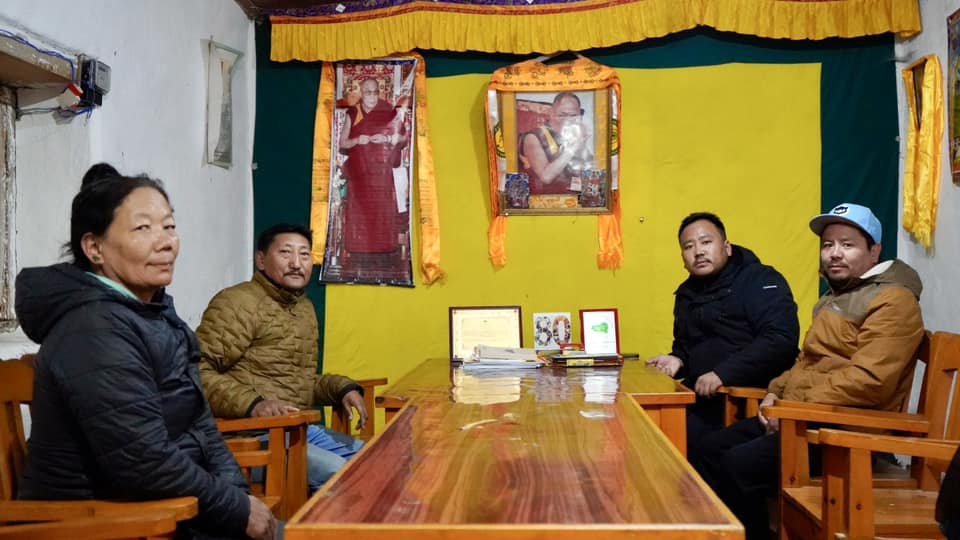
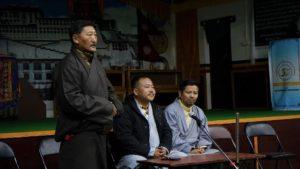
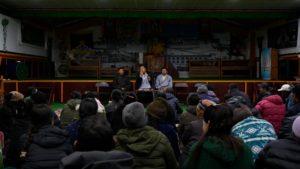
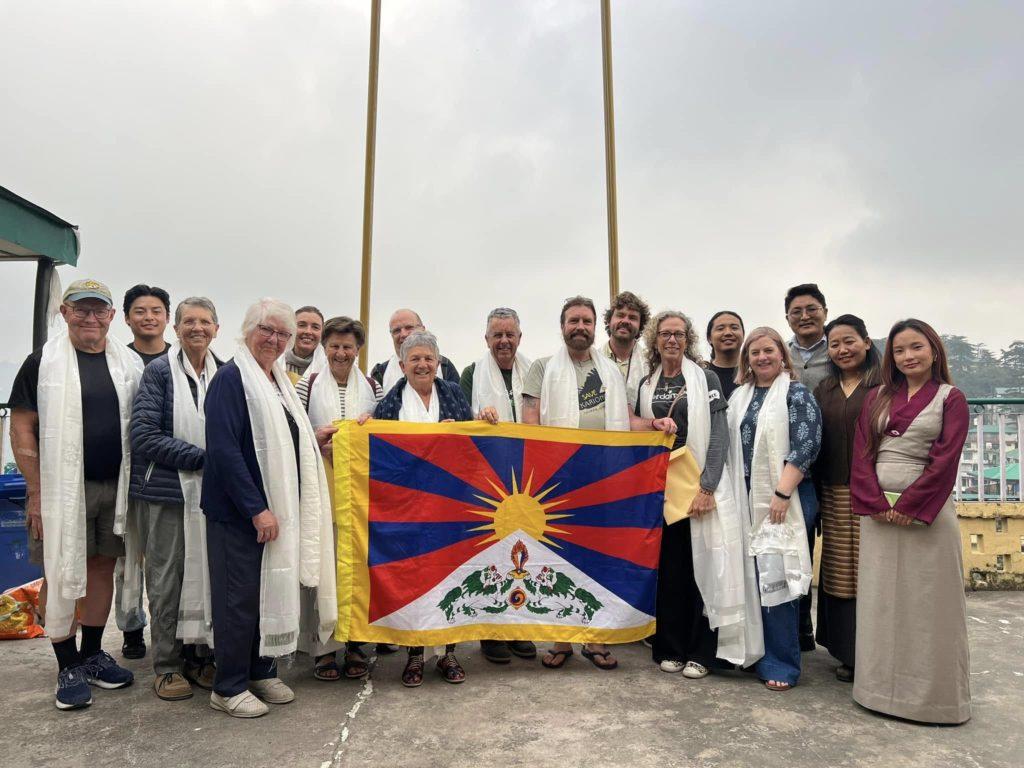
The General Secretary of the Tibetan Youth Congress and representatives of Tibetan NGOs met with the Australian Tibet Support Group, led by the Australia Tibet Council. They had a productive and engaging afternoon session, discussing the campaigns and initiatives that Tibetan NGOs are undertaking, as well as the critical situation in Tibet.
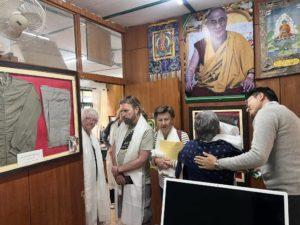
MORE DETAILS HERE
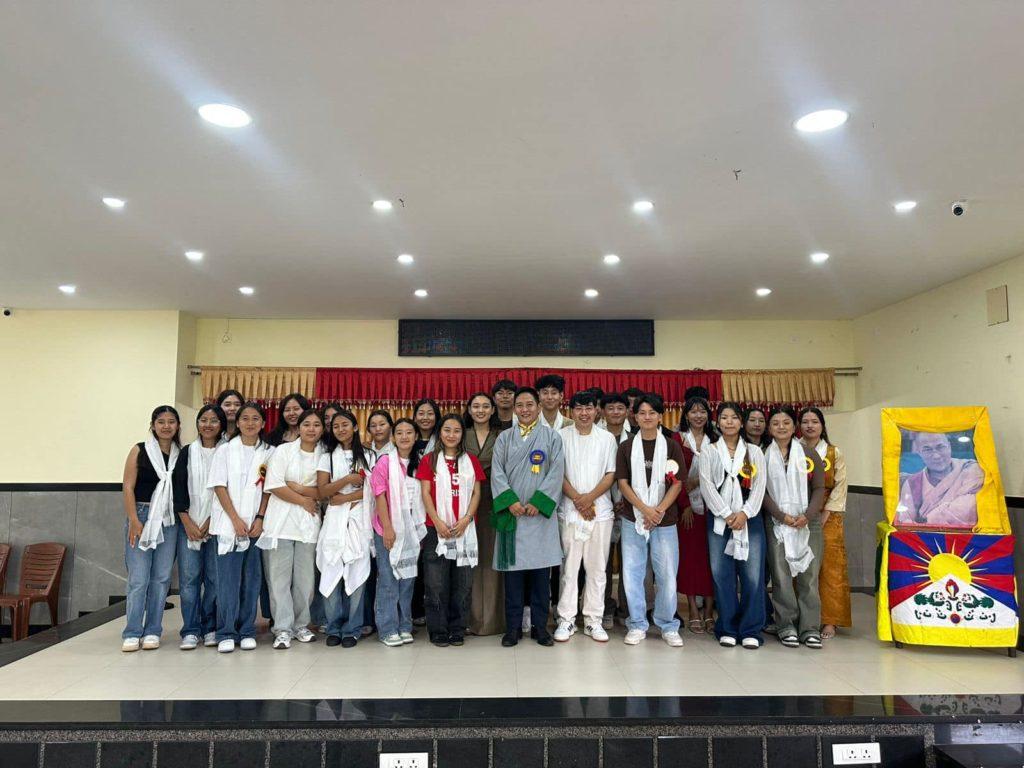
Tibetan Youth Congress Vice President attended as the chief guest, alongside Kungo Jigme Tsultrim la (South Zone Chief Representative), at the Freshers’ Day event organized by RTYC Mangalore. The Vice President spoke about the importance of youth involvement in political campaigns and highlighted the worsening situation inside Tibet.
